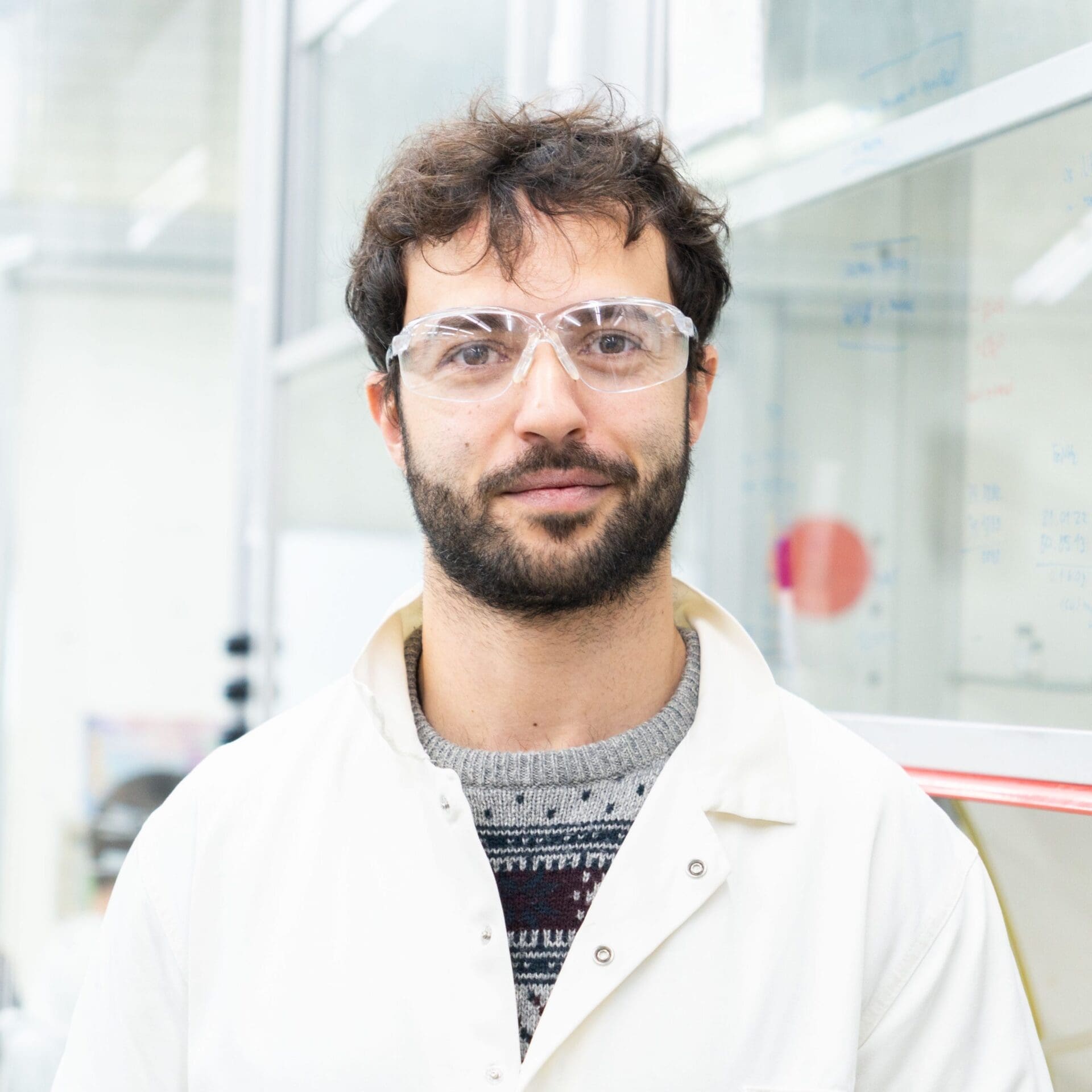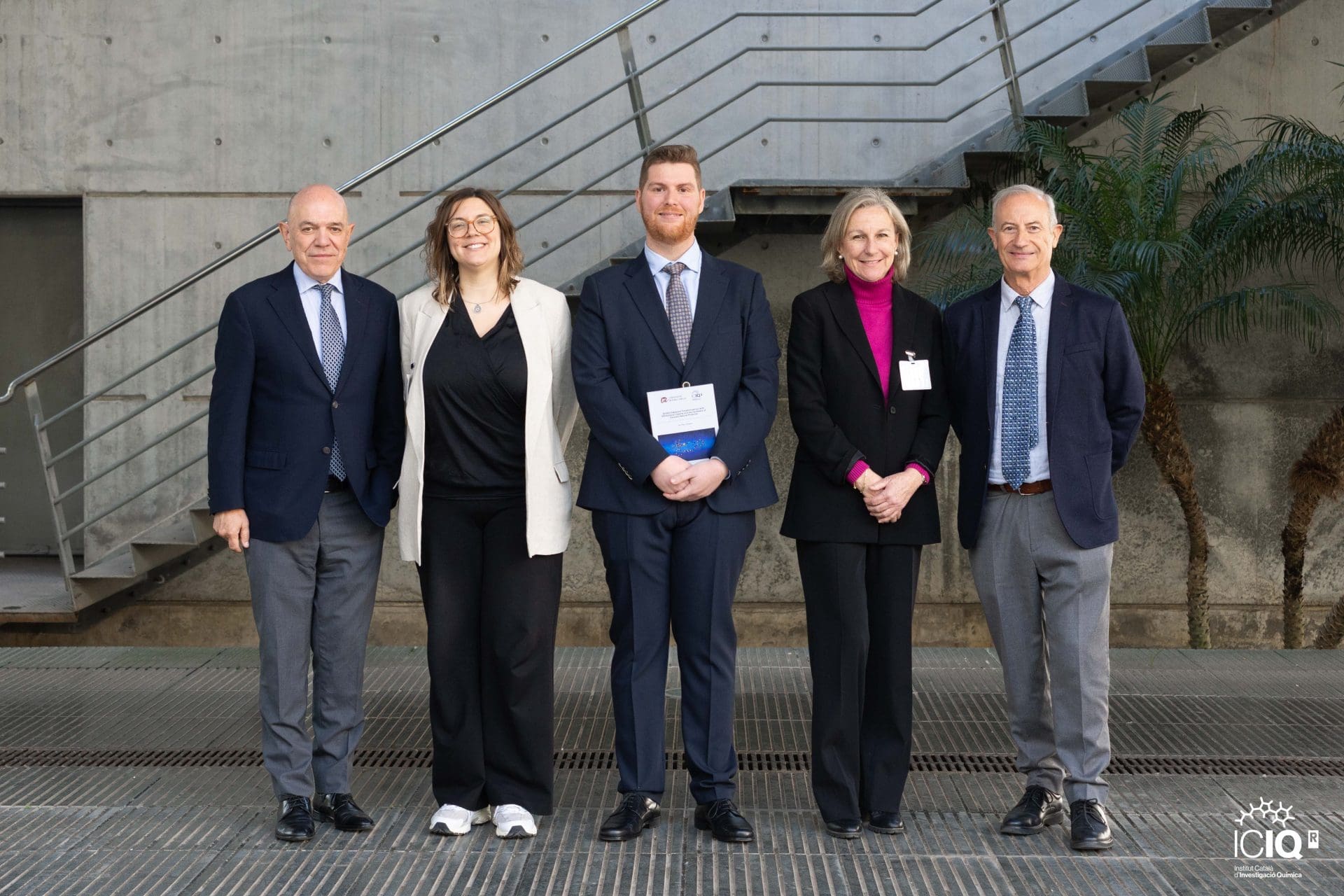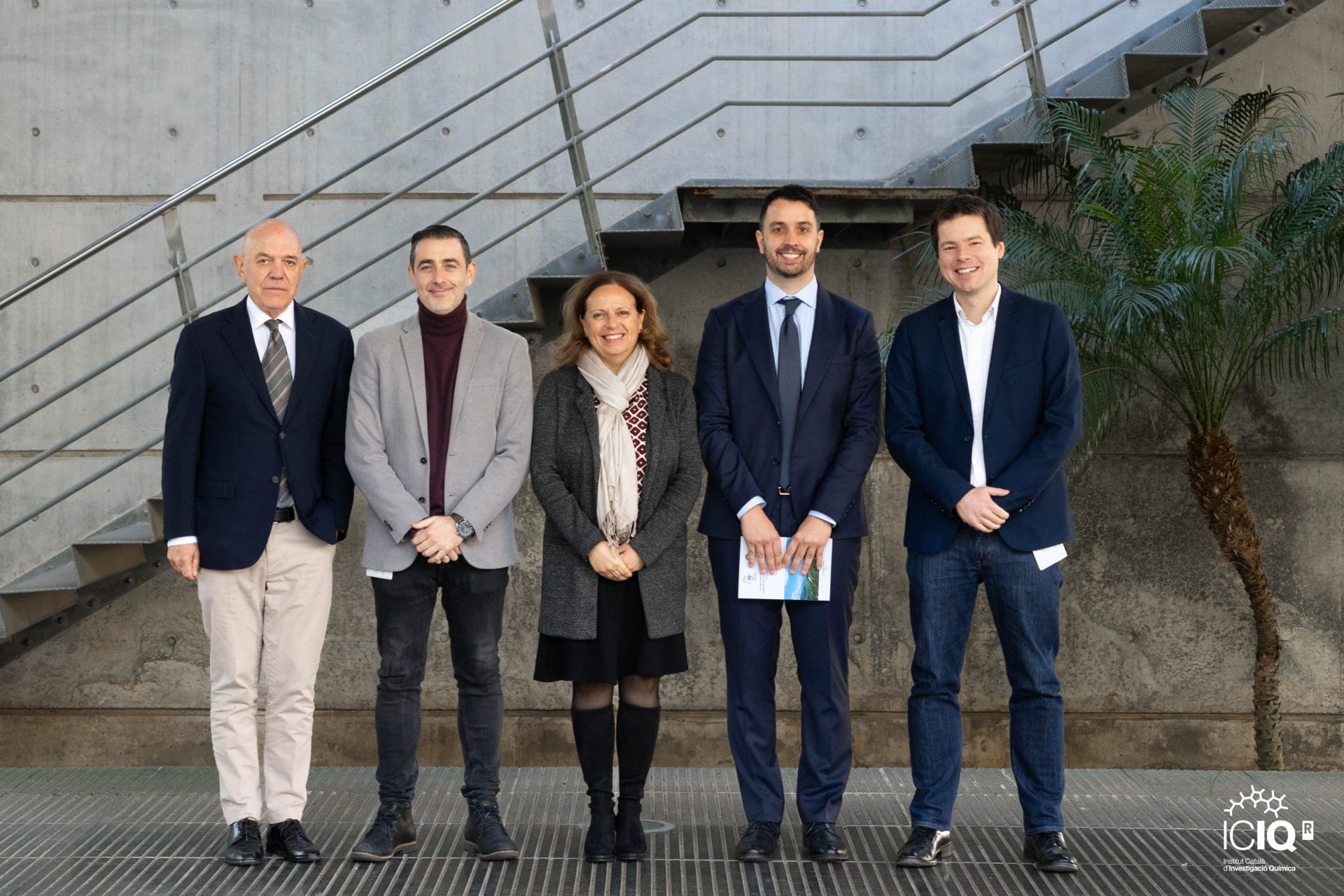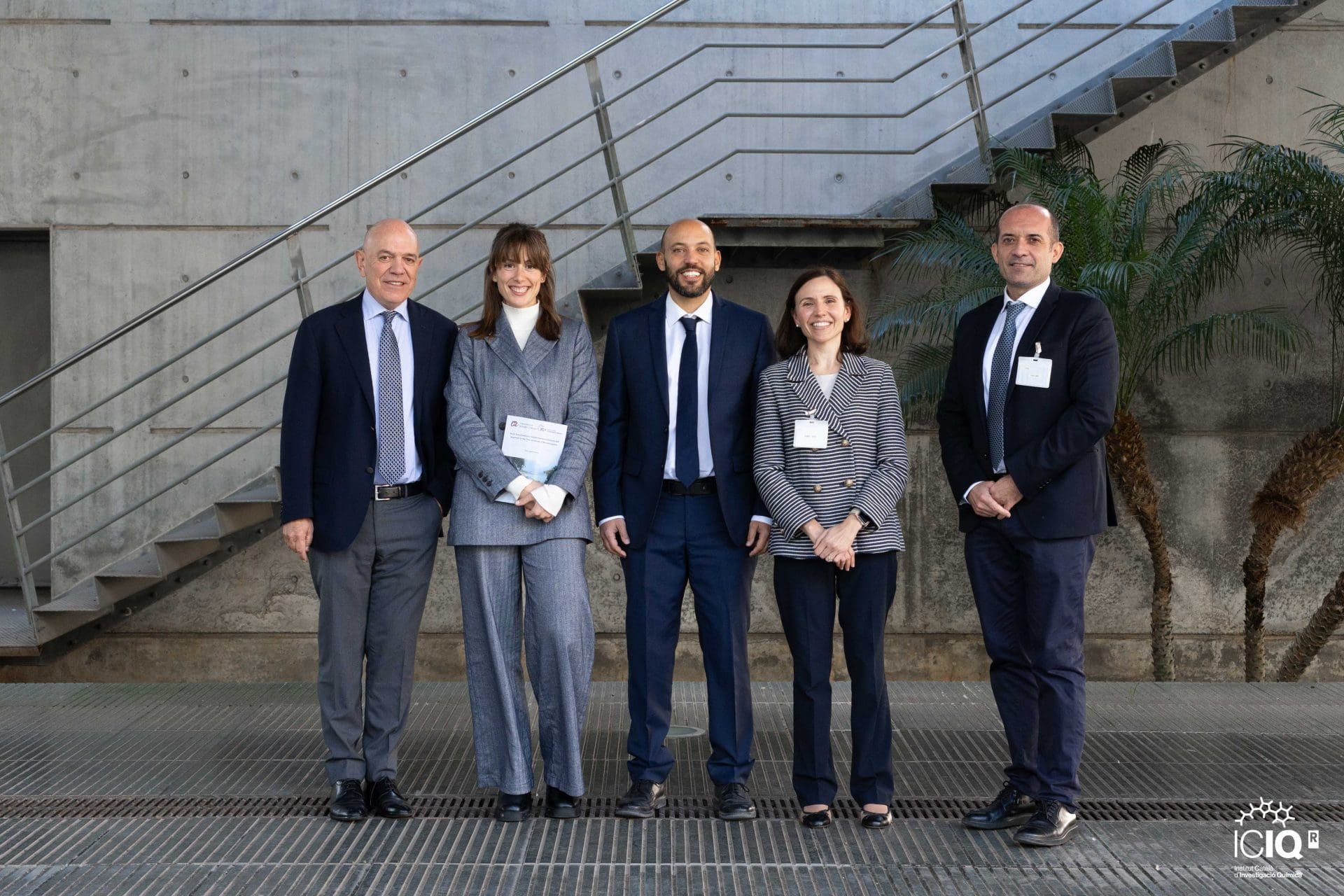Congratulations, Dr. Tan!
Eric Tan, PhD student under the supervision of Prof. Echavarren (ICIQ), has defended his PhD Thesis entitled “Late Transition Metal Catalyzed Chelation-Assisted C-H Alkynylation Reactions” (assigned to the Department of Analytical & Organic Chemistry of the Universitat Rovira i Virgili) publicly on December 3th at the ICIQ Auditorium.
The members of the examining committee were: Prof. Paul Knochel (LMU München), Prof. José Luis Mascareñas (CIQUS and University of Santiago de Compostela) and Prof. Ruben Martin (ICIQ).
Dr. Tan was born and raised in Paris and got his bachelor’s degree in Biology and Biochemistry at the Université Paris Descartes. Then he joined the Chemical Engineering Master programme at the Ecole Nationale Supérieure de Chimie de Rennes, during which he earned some research experience in both academia and industry in different countries. In 2015, he came to ICIQ for his PhD studies in the group of Prof. Echavarren. During his PhD, he spent some time in the group of Prof. Paul Knochel in Munich and at the agrochemical company Syngenta in Basel.
Why did you become a scientist? What would you want to achieve as a scientist?
At university, I first studied Biology but changed into Chemical Engineering because in France these kinds of master degrees often guarantee a good job in industry. Having siblings who studied in Business schools, I was expecting to follow the same pathway and graduate with a joint degree in Business and Engineering. But I met passionate supervisors while working as a research intern and one after another “tricked” me into pursuing a career in research and organic chemistry. So, I ended up doing my PhD with Antonio at ICIQ. After I defend my thesis I will start working as a medicinal chemist, so I see myself dedicated to fighting against cancer, Alzheimer’s, diabetes, etc… by discovering new drugs which will hopefully save many lives. Another career goal would be to get a part-time faculty position, where I could teach and transmit my passion for organic and medicinal chemistry to students.
From the lessons learnt at ICIQ, which one do you value the most?
I learnt many things during these last 4 years. I had the chance to design and develop research projects with lots of freedom, to closely collaborate with people from many different nationalities and even to work with Prof. Paul Knochel. But the most important lesson was to observe and learn from Antonio. Although it’s already been four years since I started working with him, I am still often asking myself how can someone do so many different things – and so well!
What did you enjoy the most during your PhD?
The joy of discovering something new. When I had a new idea, designed the experiments, analysed the reaction outcome and realized that what I had imagined really worked… that was uniquely exciting! Hopefully, I won’t miss this because I will continue making discoveries – but somewhere else.
Also, I think ICIQ has everything a student – or anyone – needs to have an amazing experience: it’s one of the best-equipped institutes in the world, with excellent faculty members, students and postdocs coming from all over the world with diverse backgrounds and skills from which you can learn.
What advice do you have for someone who’s starting a PhD now?
I would warn that being successful during the PhD is not easy: one needs to work long hours in the lab, read a lot and become an expert in your field – while keeping in mind that this is only part of the skillset that is required for a scientist. On top of that, you need to have published a significant amount of results during your PhD and postdoc period to move on to the next stage of the career. There are smart and hard-working students and postdocs who don’t achieve it, so it’s important to identify why this happens and make the right decisions to avoid it. I would also suggest to maintain contact with former colleagues because landing a job or making career decisions often requires connections, especially for a career in industry.
Where are you going next? What will you do there?
I will move to Antwerp in Belgium to start working in Janssen’s medicinal chemistry department, where I will try to implement new catalytic reactions in medicinal chemistry programmes.
If you were a piece of lab equipment, what would you be?
A UPLC-MS, which can analyse 96-well plates or an automatic chromatographer, because both these machines cut down on time-consuming lab work.
Related news

Let's create a brighter future
Join our team to work with renowned researchers, tackle groundbreaking
projects and contribute to meaningful scientific advancements
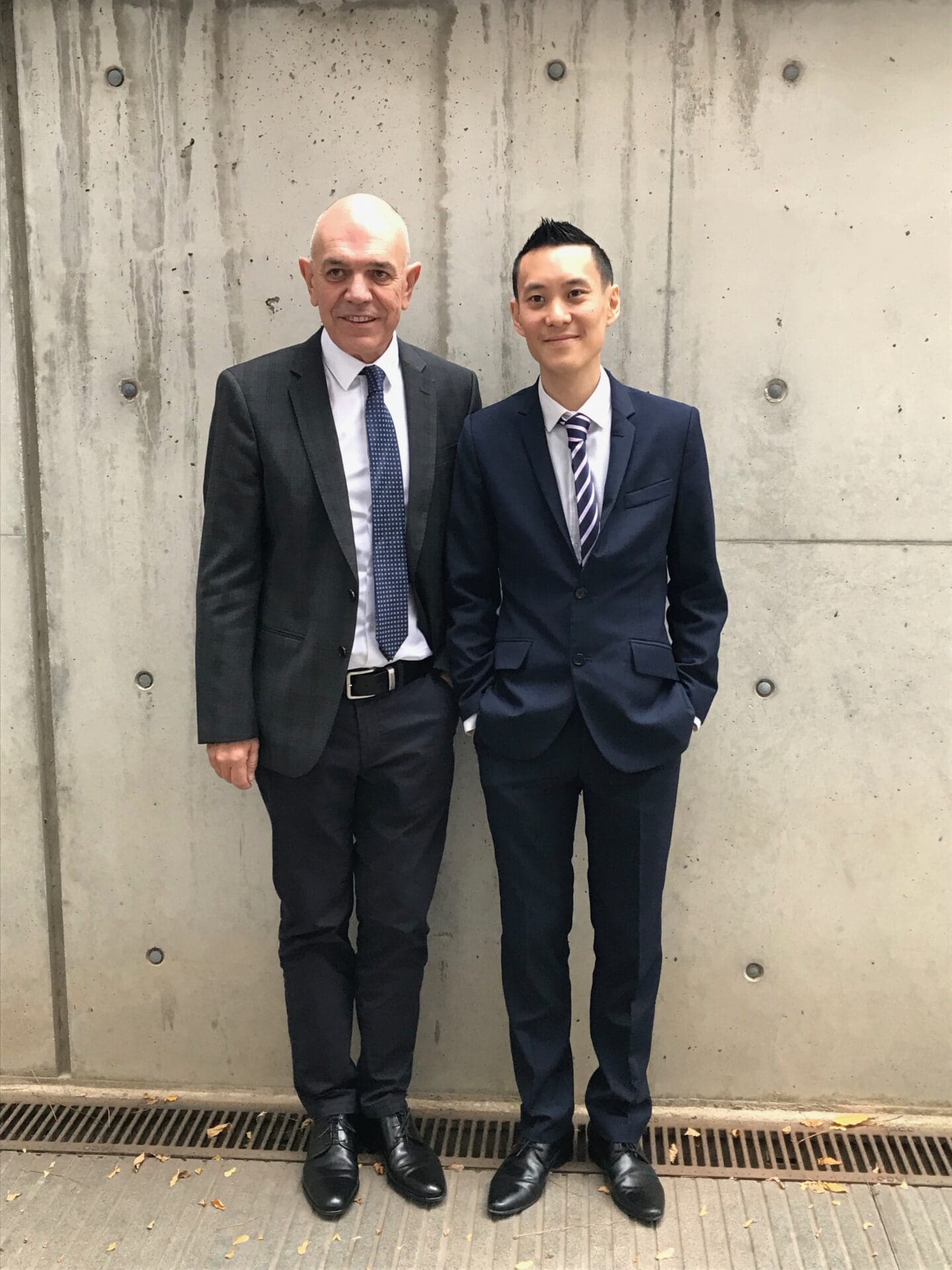
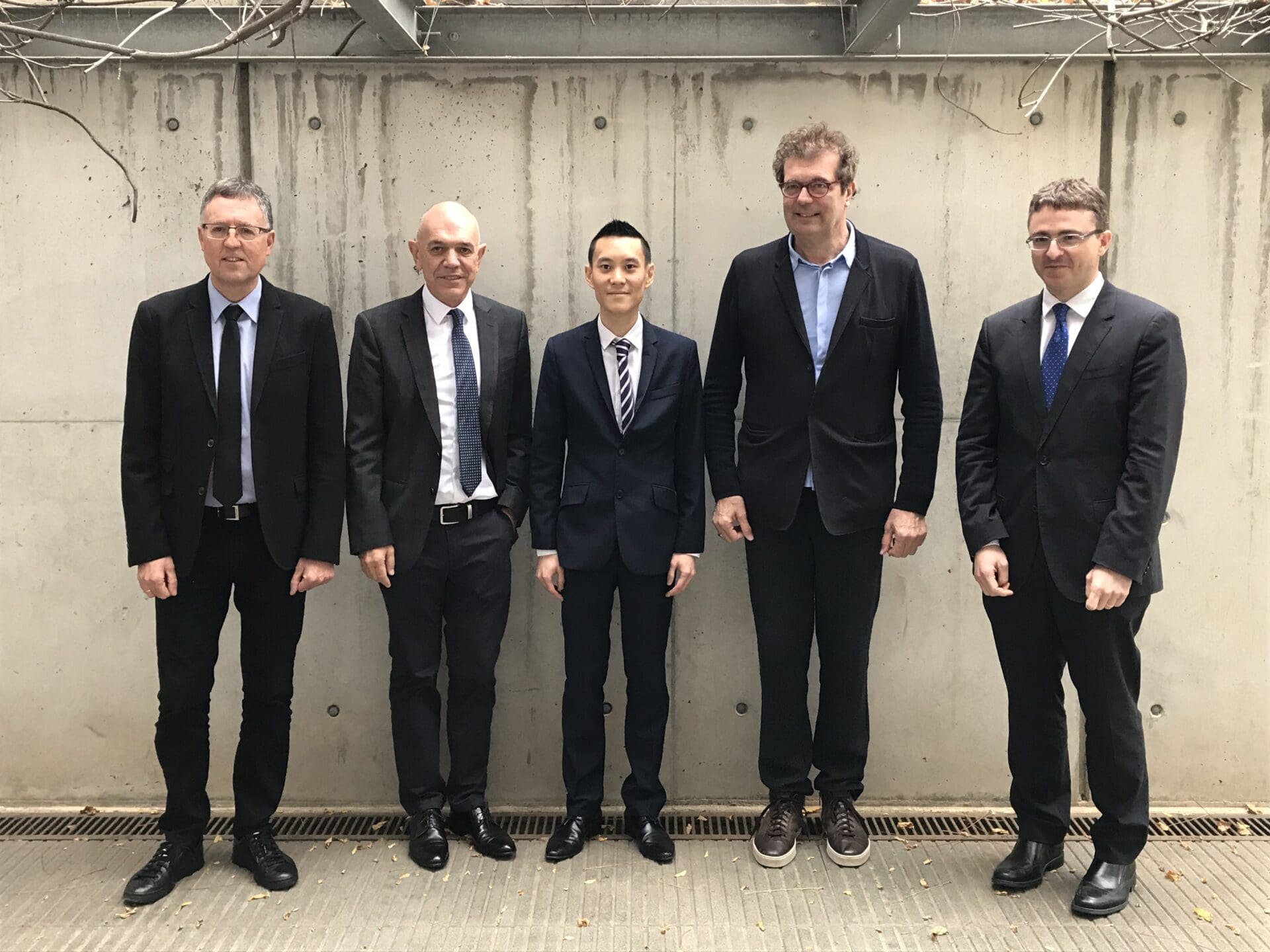





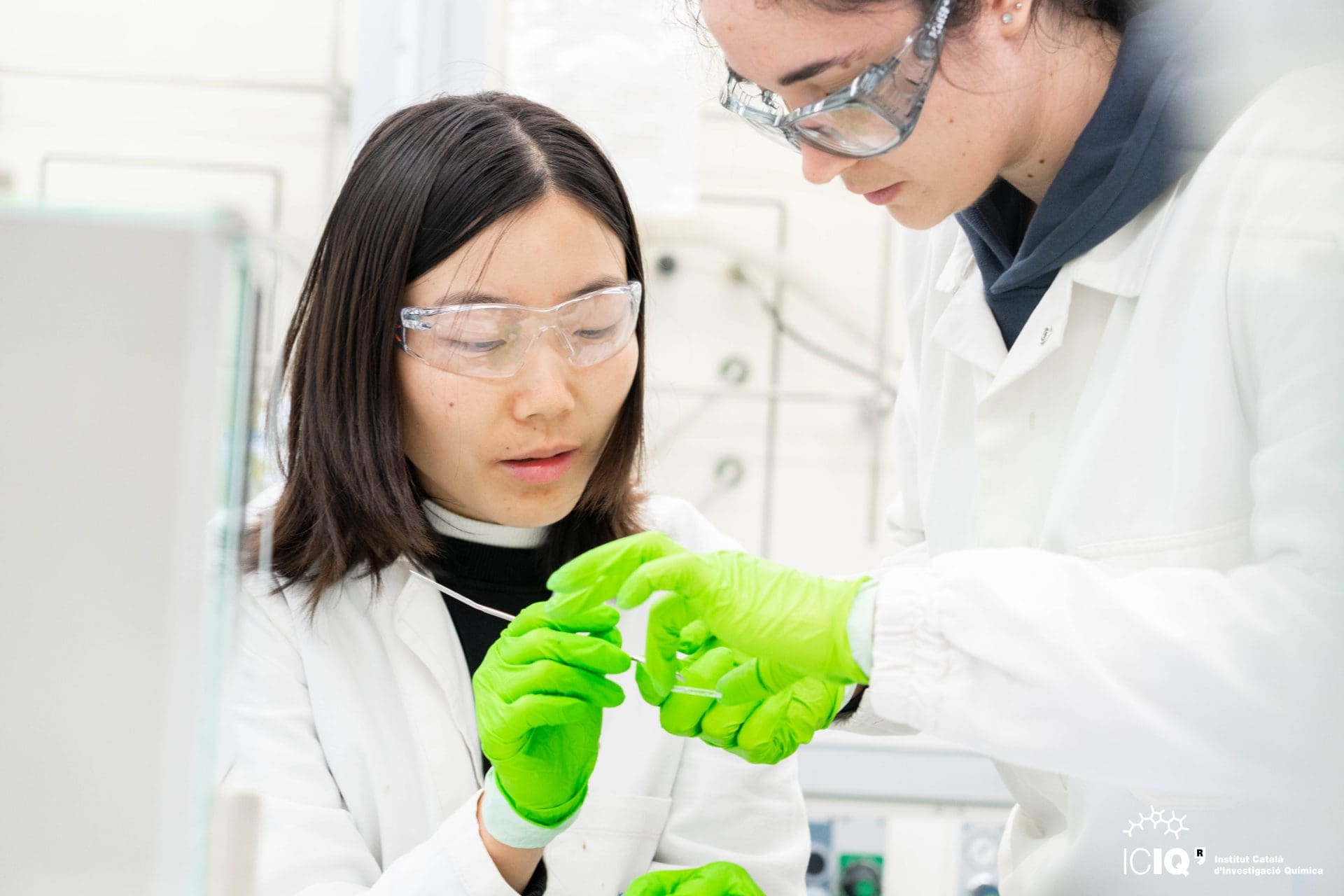
 21-01-2025
21-01-2025 